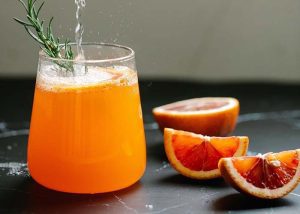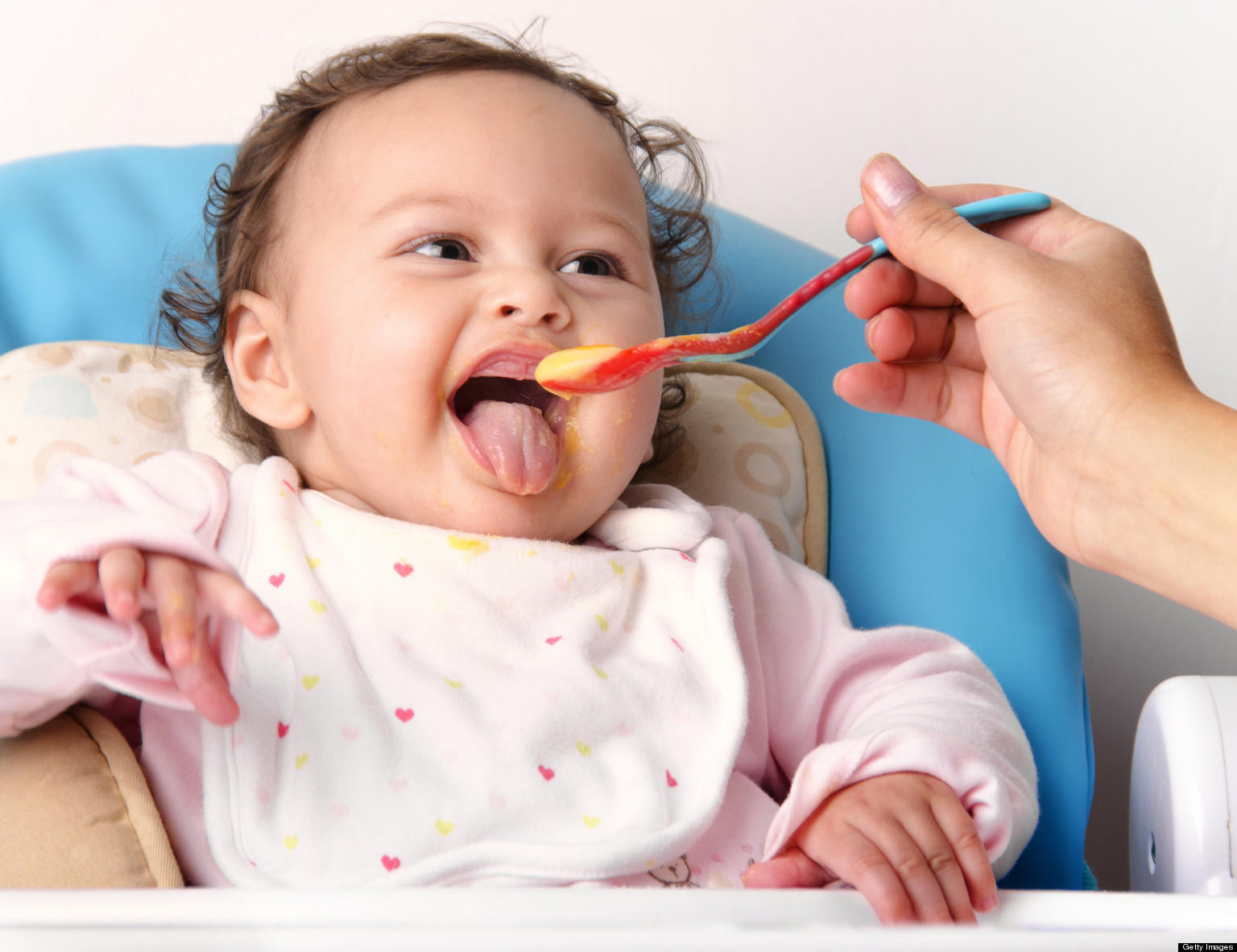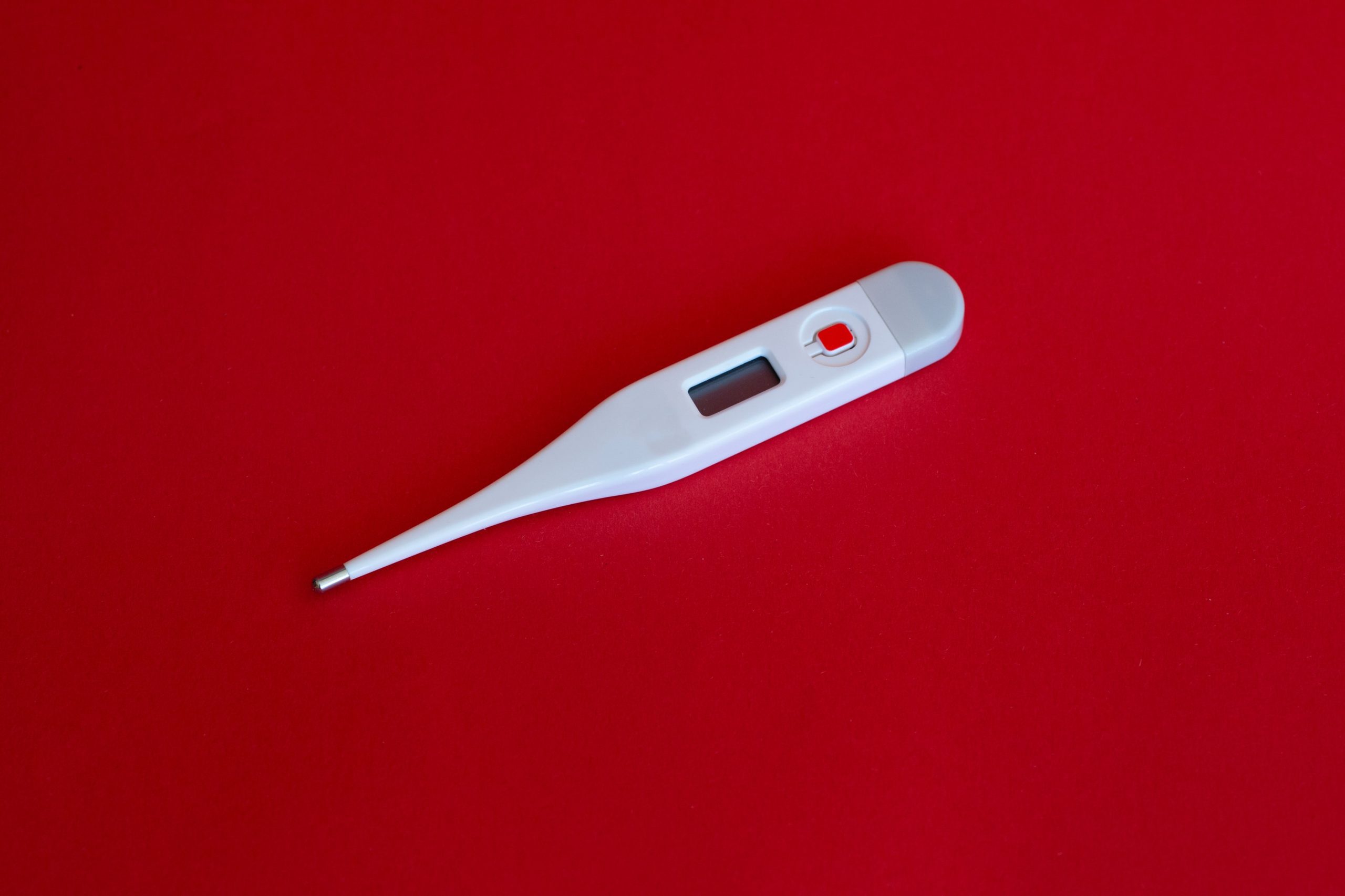Water Level Regulation is vital for any individual, especially kids. With recurring growth and changes occurring in the body, the need for substantial water levels in the body becomes even more crucial for children. Here are some FAQs to direct you through the significance of fluids, which will assist you in developing better drinking practices in your toddler.
Importance Of Water Level Regulation
The regulation of fluids and ions is essential for the human body. Often referred to as osmoregulation, it becomes crucial for kids’ proper development. If the cells occupy or lose water more than the desired levels, the organs may not function correctly.
- The human excretory organs are responsible for eliminating waste byproducts from our bodies. It can be through the skin (as sweat), kidneys (in the form of urine), or the lungs (in the form of water vapour).
- It prevents common disorders like constipation and Urinary Tract Infections (UTIs).
- Good hydration helps in the maintenance of a healthy mind and body, shielding your child from the risk of chronic illnesses.
What Is Meant By ‘Safe Water’?
Water that is free of any potential contaminants is considered fit for drinking. It generally gets polluted due to land practices (farming and irrigation), a surge of sewage water, commonly appearing reagents, or improper functioning of wastewater treatment plants. To make water suitable for consumption, you may follow these home remedies:
- Boiling: It is the most common practice to remove contaminants from water. If you see any cloudy appearance, allow it to rest for about 10 minutes and transfer it to a clean bottle.
- Filtering: It is the best way to remove germs and bacteria. When travelling, make use of a portable water filter.
- Disinfectants: You may also use household chlorine/bleaches to get rid of contaminants. Ensure that you use suitable concentrations.
What Is The Optimum Fluid Requirement Per Day?
The amount of water needed by a child changes gradually with time. A toddler aged 14 requires nearly twice the suggested amount for a four-year-old kid. These differences are due to various factors, such as raised physical activities and the body’s growth process.
Below are the recommended levels of water for children as per their weight groups.
- For infants weighing between 3.5 kg to 10 kg, the daily fluid requirement is 100 ml/kg.
- For children 11 kg to 20 kg, the daily water requirement is 100 ml/kg for the first 10 kg and 50 ml/kg for every kg above 10 kg.
- For children above 20 kg, the fluid requirement is calculated as 1500ml for 20 kg and 20 ml/kg for every kg above 20 kg.
Are There Any Substitutes Available?
There might be instances when your child wishes to consume alternatives other than water. Although it may occasionally serve the purpose, Getting it into routine practices is not suggested.
Here are a few options to help you out.
-
Natural Juices:

Before serving, ensure that the juice has an optimum concentration, fit for your kid’s consumption.
Fruits and vegetables are known to have plentiful amounts of water. You can provide them with juices of their taste, making it easier to drink . Make sure the fluids are always fresh and homemade. You must check their consistency before serving and dilute them if needed. Avoid giving tetra packs and preserved items to your child.
-
Milk & Dairy:
If your kid likes milk, it can make your task even more effortless. Milk and buttermilk contain water in reasonable amounts as well as other valuable vitamins and nutrients. Use skimmed or toned milk to avoid excessive fats, if possible. Also, you may add some flavouring essences of your child’s choice, but keep a check on the sugar content present in them.
-
Coconut Water:
If your child doesn’t like plain water, coconut water can be the best option for you. It has enough water with little carbs and calories, regulating its lipid content. Also, it is a rich source of electrolytes.
-
Seasonal Drinks:
You may give your child some seasonal drinks such as lemon water, jal jeera, aam panna, kokum sherbet etc. They do not contain any preservatives and will refresh them at the same time.
-
Soda & Energy Drinks:
Avoid these fluids as much as possible. They are known to have high levels of sugar and caffeine respectively, which can have adverse effects on your child’s health.
How Do I Inspire My Kid to Drink Water Frequently?
Before you ask your child to drink sufficient water, make sure you are hydrated enough. Parents act as role models for children. Your toddler understands better when you perform things instead of just declaring them. Here is how your efforts can create a remarkable difference.
- Before your child steps out or begins exercise, give them a boost-up drink.
- Allow your child to pick a glass of their own choice. It will create an emotional attachment, inspiring them to drink frequently.
- Whenever you drink water, serve some to your toddler as well.
- If your child is heading out for long hours, pack a water bottle along.
- You may add an ice cube, a slice of cucumber, or some lemon juice at times to season up.
Key Takeaways
Now that you know how important it is to keep your child hydrated, take steps to promote water drinking activities. Remember to justify your words with your actions. Keep things simple and exciting. Eventually, your kid will develop healthy drinking habits with enough devotion and regular practice.
References
Nutrition and Hydration Requirements In Children and Adults – StatPearls – NCBI Bookshelf (nih.gov)
How much water should your child drink a day? | BBC Good Food







